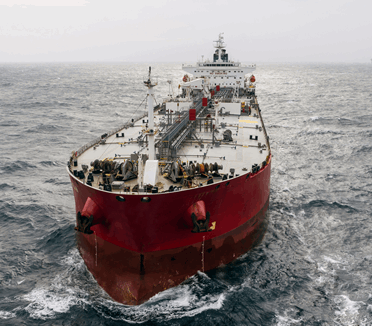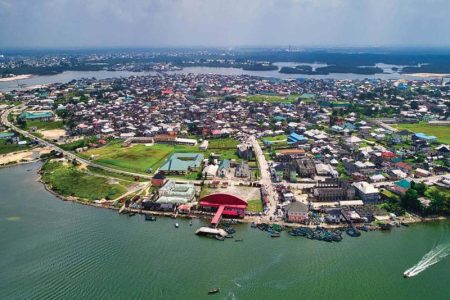
OpeOluwani Akintayo
Lagos — Nigeria has a slimmer chance of meeting up with its N8.9 trillion 2019 national budget, as preliminary crude oil loading programs showed that some of its grades are not on demand for December.
Loading Schedules showed that there would be a decline for the country’s oil in the last month of the year, as grades such as Erha stream, were not expected- taking its usual 5-6 cargoes off the market.
The Usan stream showed a single cargo, down from the usual two.
Among the country’s four main crude grades, exports for Bonga were down to 92,000 barrels per day for December from 158,000 bpd planned in November.
Nigeria relies largely on revenue from crude oil exports to fund its national budget.
President Mohammadu Buhari in a recent statement had blamed the low 2019 implementation on low oil sales.
Forcados export volumes for December also drop
One of Nigeria’s crude grades, Forcados will also face low demand and export in December.
Loading schedules show that Forcados will load 9 cargoes at a daily rate of 257,000 barrels, down from 263,000 bpd in November.
Schedule will see Escravos loading 6 cargoes, Agbami four, Amenam three and Yoho one in December.
Vitol had offered a prompt cargo of Forcados in the window at dated Brent plus $5.00 on a delivered basis Rotterdam during Nov. 4-5, down 40 cents a barrel.
Bonny Light also missing
Bonny Light exported through Aiteo’s operated Nembe Creek Trunk Line, NCTL, has been under force majeure for a major part of this year. Schedule shows it is also missing.
The 150, 000 barrels per day capacity NCTL is a key pipeline connected to the Bonny terminal.
The Bonny terminal gets its crude from two pipelines, the NCTL and the Trans Niger pipeline with flows on the latter line still running.
Aiteo is yet to make any official statement on the shutdown of the NCTL.
Bonny Light loadings in September and October were scheduled to average 246,667 b/d and 275,807 b/d, respectively, according to & Global Platts tracking data. The grade is popular with refiners globally, with production ranging around 250,000 b/d last year.



